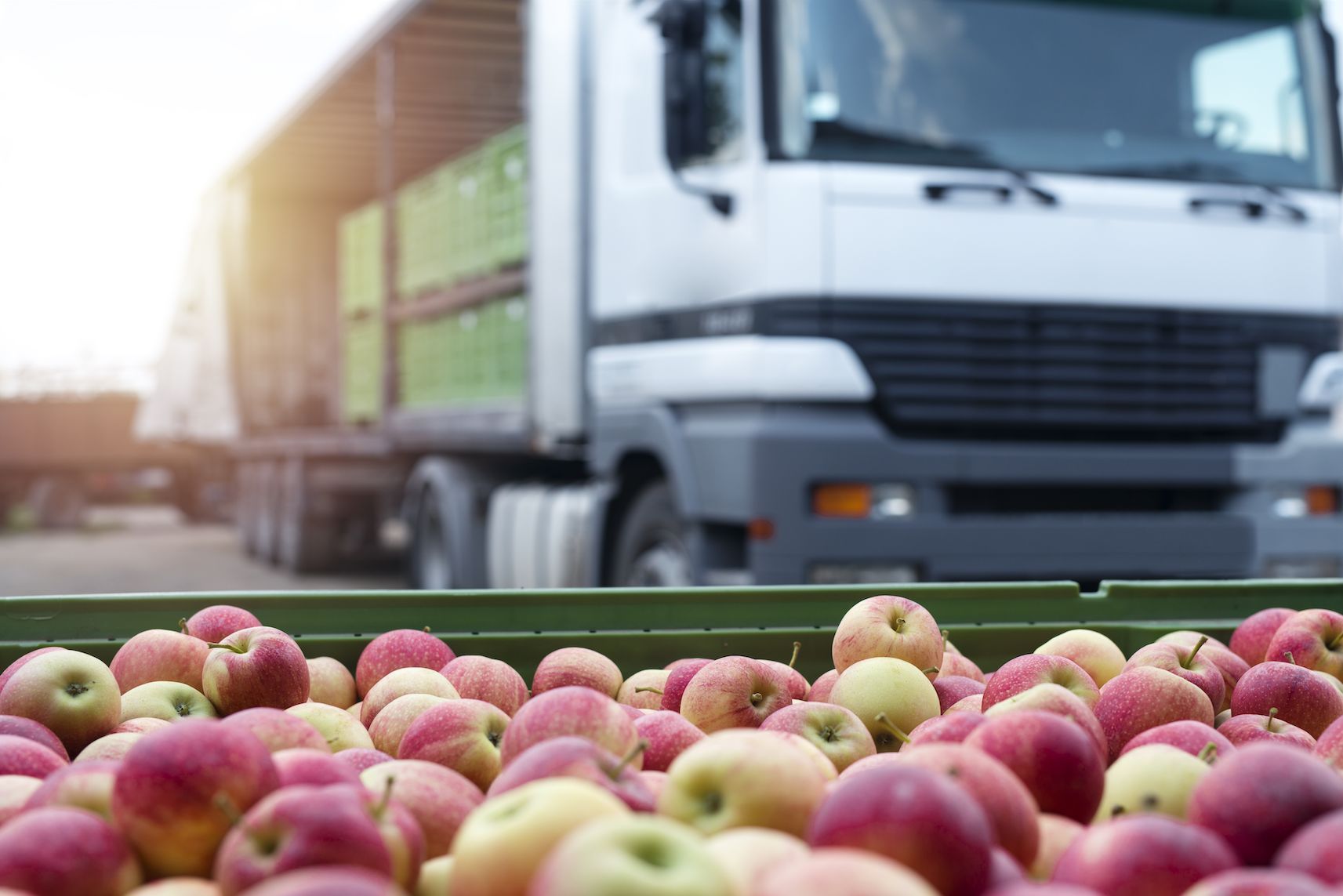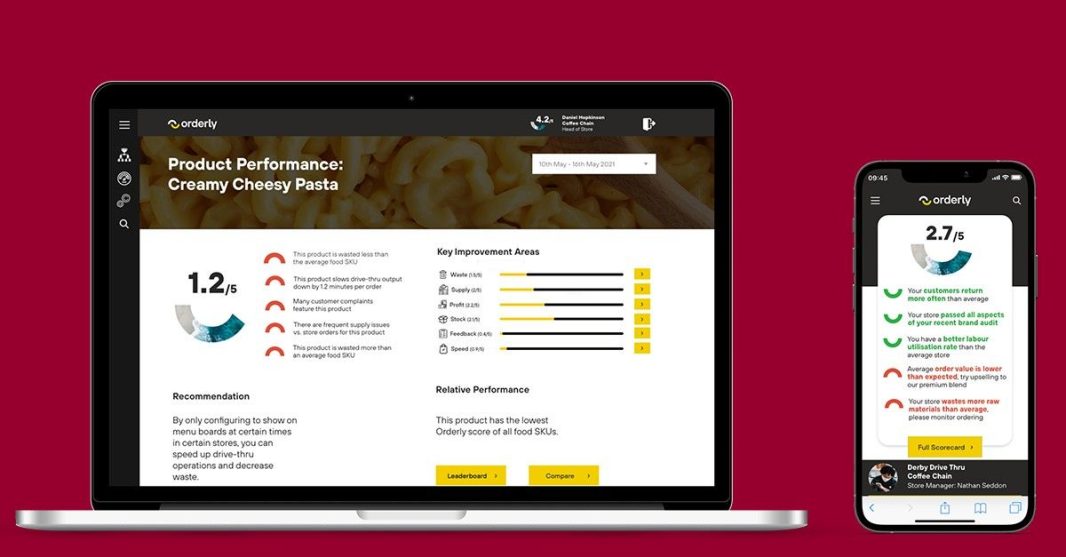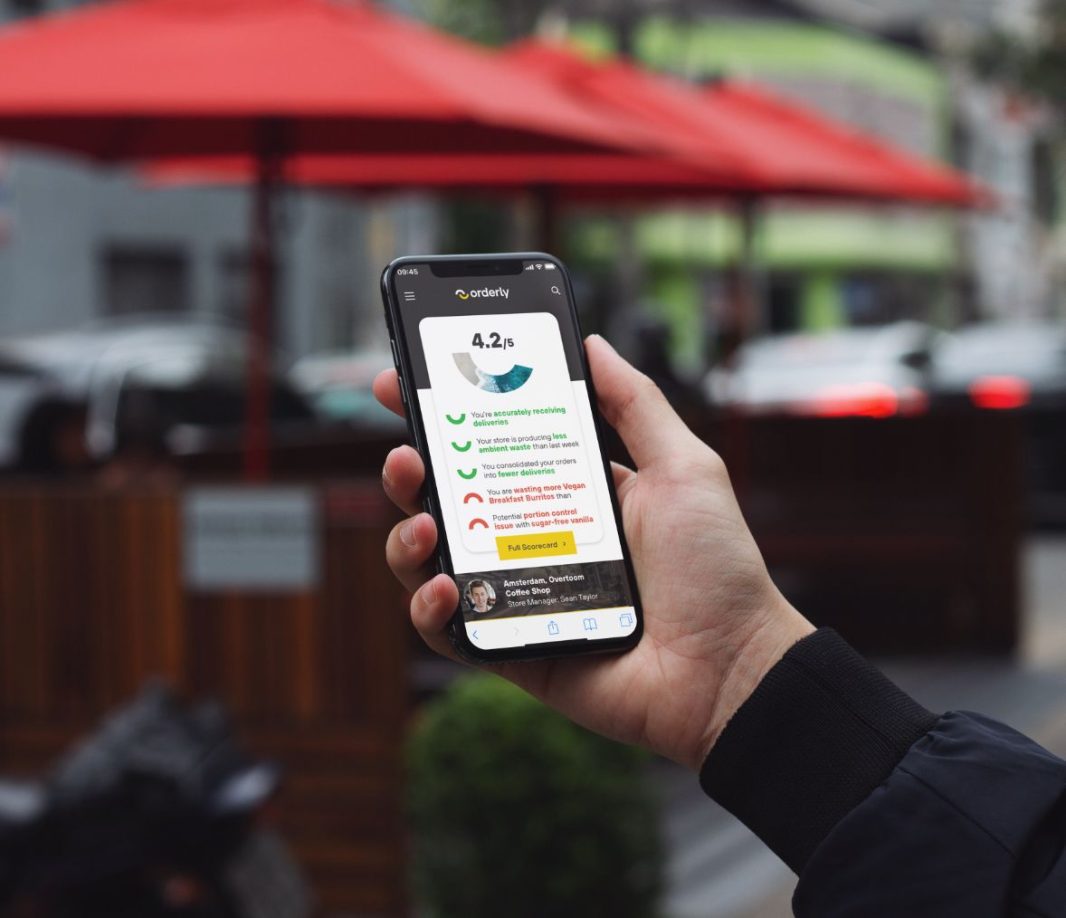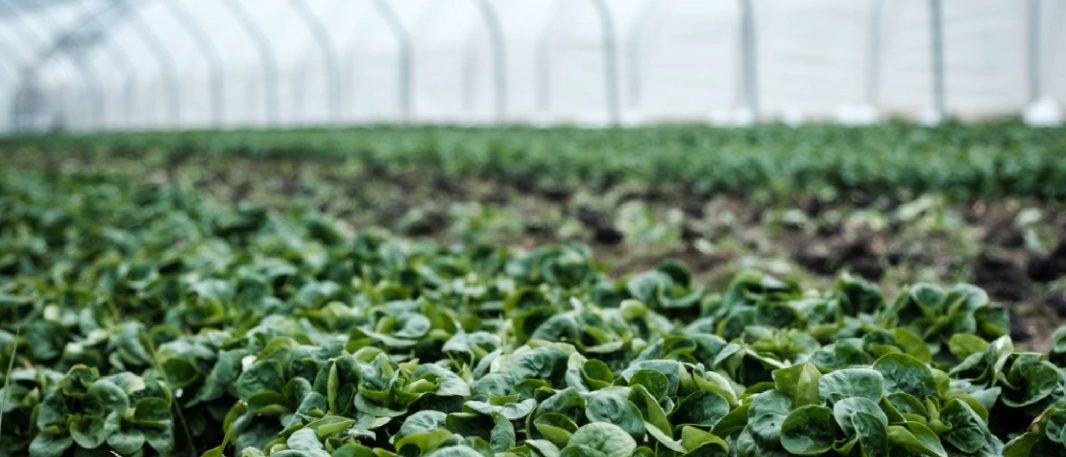Food wastage is a constant global problem, and the UK is feeling its ugly effects first-hand presently. Not in terms of over-indulgence, but in respect to industrial issues. Or is it even what we think it is? Food is not making it through the supply chain to its destined organisation – that much we do know.
Is it due to myriad mitigating circumstances, such as COVID-19-related problems; or perhaps that mixed with compounding issues in our own backyard, like a national shortage of HGV drivers to fulfil the UK’s needs by the industry’s infrastructure?
HGV driver shortage
The UK’s logistics industry has a shortage of HGV drivers currently working in the sector, and the discussions taking place with the Minister for the Department of Transport are getting messy.
In a 17 June article posted by The Grocer, they reported updates on the driver shortage issue as it went into serious overdrive amidst talks with the DfT. Minister Charlotte Vere, was quoted to say, “There’s a perception that the industry is crying wolf. We have heard this three or four times before and the world didn’t fall apart last time. The system is coping and we don’t want to create panic.”
But views within the industry are vehement in their stance. The Road Haulage Association (RHA) CEO Richard Burnett argues, “She [Vere] needs to wake up. This is a crisis.”
Disconcerting statistics
On 16 June, The Grocer reported on the food wastage issue concerning the HGV driver shortage: “Last week the Road Haulage Association said the 70,000 HGV driver black hole had reached ‘catastrophic levels’,” but one day later reported that the RHA’s revised estimates are now “a shortage of up to 100,000 HGV drivers across the country.”
FareShare, a charitable food redistributor, said the driver shortage has hit them hard: 800,000 meals per week, 50-60 tonnes of food per day lost.
The charity’s CEO Lindsay Boswell told The Grocer, “As a result of the issues facing the haulage industry, we estimate that up to 30% of the food we would normally expect to receive into our warehouses on an average day is at risk of not reaching us, and therefore at risk of not reaching the vulnerable people we support.”
Areas of fallout
As with COVID-19 before this crisis, the food waste is due to a breakdown in logistics and the food supply chain to restaurants, eateries, supermarkets and wholesalers.
Also, this HGV shortage affects other entities, e.g., the paying public, charitable food banks, and the environmental impact of rotting food wastage. When good food goes to waste, many other resources have also been wasted in the process, not to mention issues arising, such as inflation to cover lost revenue and other knock-on effects.
Stressors on the logistics industry
Back in 2016, RoadStars Mercedes-Benz mentioned the strife of driver shortages in the logistics sector due to the rising age of drivers and the lack of new drivers entering the workforce to replace natural matriculation is concerning.
“The Freight Transport Association and the Road Haulage Association issued a joint statement last year saying the industry is short by about 45,000 drivers, and another 40,000 are likely to leave by 2017.”
Add to that, the view of 95% of drivers surveyed claiming better wages would help to narrow the workforce gap within the industry, coupled with the later set of issues brought on by Brexit, has only compounded the mounting deficit by limiting the industry’s ability to draw upon the pool of international drivers.
Call for government involvement
The Grocer’s 16 June article said Tesco discussed with ministers the adverse effects so much wastage, an approximate 50 tonnes weekly, has had on them and those within their supply chain.
The call from the industry for the government to accept responsibility for Brexit, then, considering the problems arising from COVID-19’s interruption of the global supply chain, shoulder the burden to rectify the fallout from the shortage of HGV drivers doesn’t seem like an inconsiderate request.
From the 17 June article: among the requests for government involvement are military drivers as resources, and for “drivers from the EU and EEA to return as their HGV licences are valid in the UK. Although agreed actions weren’t defined during the meeting, a DfT spokesperson said industry solutions were expected to originate internally, with “a big focus towards improving pay, working conditions and diversity.”
The industry’s gender gap
In line with the DfT’s thinking, Backline Logistics also argues the potential for meeting the shortage demand from within the UK’s workforce – the untapped female contingent.
“51% of the population is female, yet less than 6% of HGV drivers are female. That puts HGV drivers as one of the most underrepresented industries when it comes to women‘s involvement.”
It sounds like a simple recruitment tweak to make, but making the HGV lifestyle appealing for women could mean restructuring the job description itself.
“Long hours, heavy work, a very masculine environment are all factors which are potentially putting women off.” (Backline)
Could the closing of the gender gap be the remedy for the HGV driver shortage? For all the statistics, the gender gap suggestion is based on theoretical abstraction. But, even though it’s not the cause, it should be considered a plausible remedy, if only in part.
Technology as a remedy
Food Logistics advocates ditching the analogue tech, no longer a viable solution for the logistics sector. The article’s view of recent Covid-19 “disruptions and the more recent Suez Canal incident” would be better solved by real-time, data-driven communications which are not only “convenient, but critical, for modern logistics.”
It delves further into digital technology being the answer to share data and complete immediate transactions through a ‘managed marketplace’ where “shippers can enjoy the volume of carriers offered on a traditional load board, while still having the peace of mind provided by a more carefully cultivated pool of drivers.”
It mentions the benefits of such industry capabilities as integrations, real-time visibility, track and trace, and cross-border tech. And other articles have lauded eCommerce and third-party logistics (3PLs) for introducing emerging technology to the food and logistics realm.
How technology will help
Access to software solutions stack through mobile technology means you have your business at your fingertips. If you have an order management system, and you should, it will connect your entire enterprise, management and operations, together with real-time data, automation of procurement, sales, billing, data collection/management, and so much more.
Plus, it optimises your supply chain flow and industry partnerships with communication and product delivery checks at every point along the journey. The addition of supportive supply chain tech makes it easier to keep cargo safe and ensures inventory stays fresh through the final mile by reducing waste and boosting efficiencies.
In summary
Wastage in the food and beverage industry has been exacerbated in recent times by one critical interruption after another. One article said that 2021 is the year of shortages. Amongst those, is the HGV driver shortage threatening to halt supply lines and potentially devastate many vital food services.
While we wait for remedies from the government, military aid, driver recruitment and training, implement new software technology protects us all where it hurts the most. Orderly supply chain solution will fortify your enterprise against unsustainable product waste, loss of revenue, and thwarted charitable redistribution.
At Orderly, we are proud to support your business and brand with the award-winning software solution that has sustainability built into its core. We offer inventory, forecasting and order management solutions specifically for food and beverage supply chains. Fully integrative and proven to increase sales. Let us show you how, contact us today.







